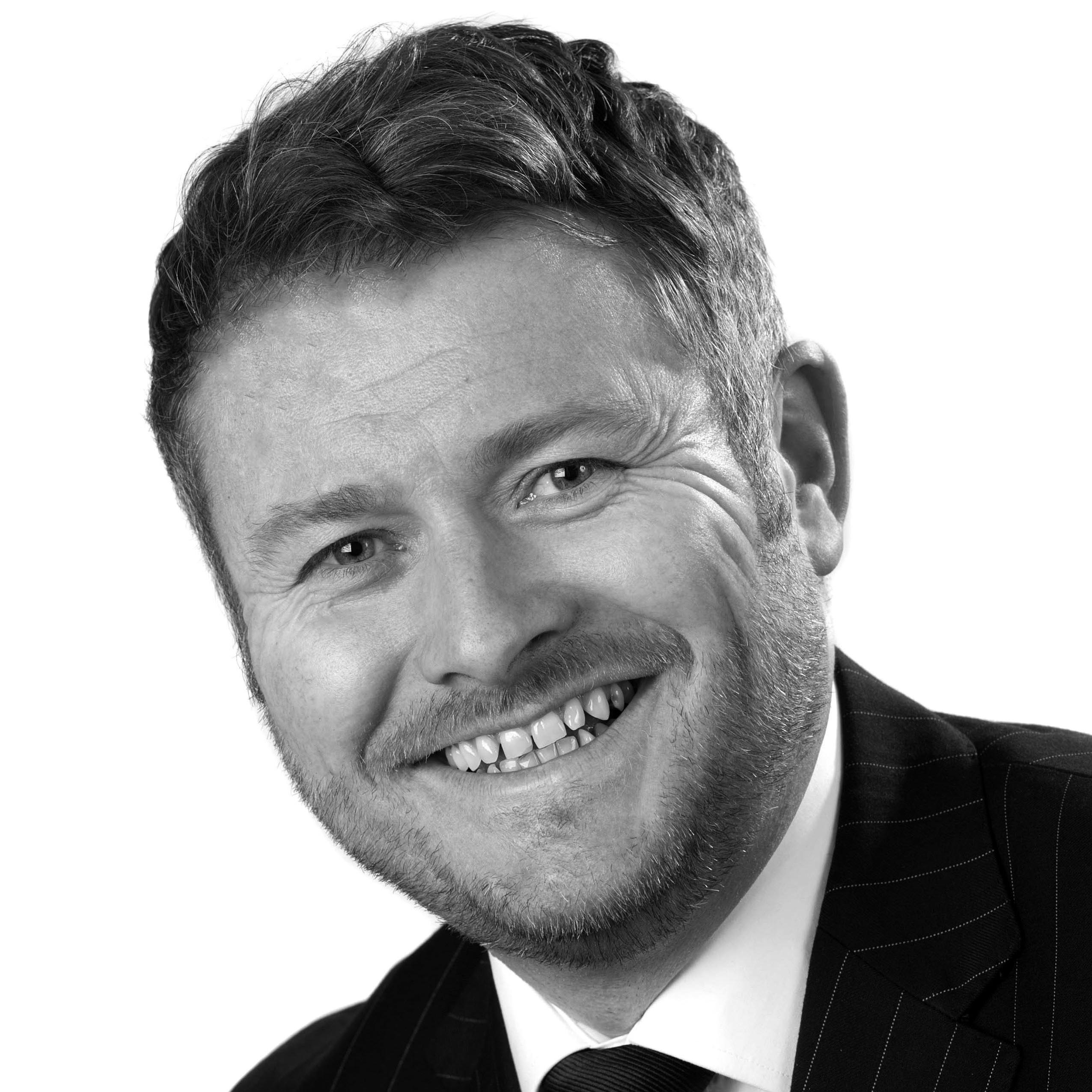John Hughes is the co-founder and director of an international project consultancy, McCreadie and Hughes Ltd, specialising in construction and engineering disputes. After gaining two LLM's from Strathclyde, he decided to return to pursue his PhD.
Tell us a bit about your background?
I am co-founder and director of an international project consultancy, McCreadie and Hughes Ltd, specialising in construction and engineering disputes. Part of my work includes providing expert witness opinion on various dispute forums. With this in mind, I wanted to undertake relevant academic research to complement and reinforce my professional experience.
Why did you decide to study at Strathclyde?
I already had two LLM’s from Strathclyde, one in European Law and one in Construction Law. My experiences as a postgraduate student have been very positive, so it was an obvious choice for me to pursue my PhD at the University.
How has studying part-time benefitted you?
My part-time study has allowed me to continue working and studying in parallel. Which is important when you are running a business and supporting a family. The content of both my work and study are similar, so I was able to complement my studies with my experience and vice versa. As a part-time, mature student working mainly overseas, the University was very flexible with my study timescales, attendance at courses and meetings with my supervisors. They were sensitive to my circumstances which made the whole experience of researching on a part-time basis, so much easier.
Describe Strathclyde in three words...
Innovative, entrepreneurial and accessible.
What has been the highlight of your course?
Getting the Examiner’s Report, informing me that I had passed! Also attending the varied and informative classes which qualified as credits towards the PGCert RPD that the University requires research students to complete.
How do you find studying in Glasgow?
I am from Glasgow and have offices in the city centre. The city of Glasgow can cater to any postgraduate student, researching on either a full-time or part-time basis. The people of Glasgow are incredibly friendly, the city centre has an amazing selection of shops, bars, restaurants and cultural activities. You are a 30-minute drive from some of the most breath-taking scenery in the world, where outdoor activities can provide a good foil for long days in the library.
What advice would you give to someone looking to study here?
Ensure that your supervisors have experience in your field of research. Join the relevant postgraduate study groups and share your experiences with like-minded researchers. Oh, and a visit to the new, high tech gymnasium is a must.
What has been your main challenges?
My professional role means I am often overseas, therefore it was difficult to balance study with travel and business commitments. Fortunately, the portals provided by the University, meant I could access the vast majority of my source material remotely.
What are your ambitions for the future?
Continue to build on my research and utilise my findings to facilitate my role as an expert witness on international construction and engineering disputes. I would also hope to be involved in some part-time lecturing along the way, where I can share my experiences with budding dispute resolvers.
What specialist knowledge/professional skills have you developed studying your course?
As an experienced professional, and a Fellow of various institutions, I would say that the specialism I developed was in applying the rigours of academic research to my professional report writing.
What’s the best thing about studying at Strathclyde?
The University’s sensitivity and flexible to mature, part-time researchers, is excellent. Without it, I doubt very much if I would have been able to juggle, professional, family and academic life.
How is your course helping to enhance your current career and prepare you for your future career?
As an expert witness, quantum expert and consultant, my academic studies have and will afford me additional credibility in my professional life. I will also be able to rely on my research findings and incorporate and apply those into real-life business scenarios.
